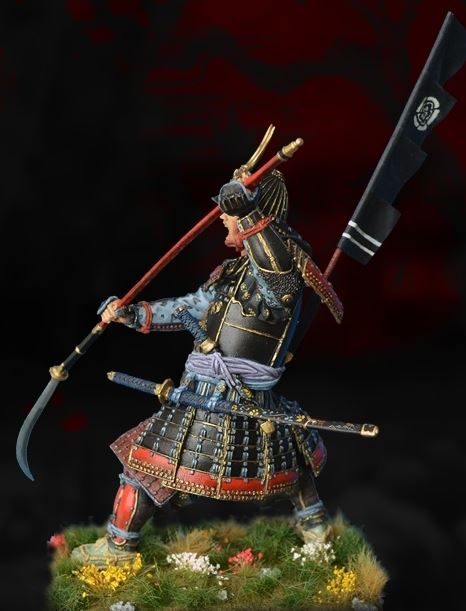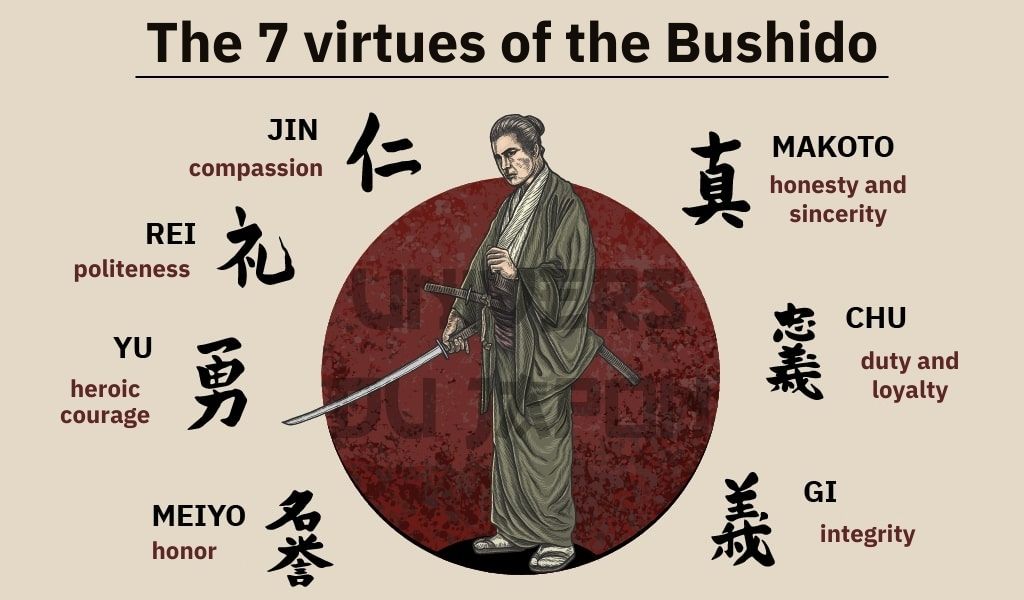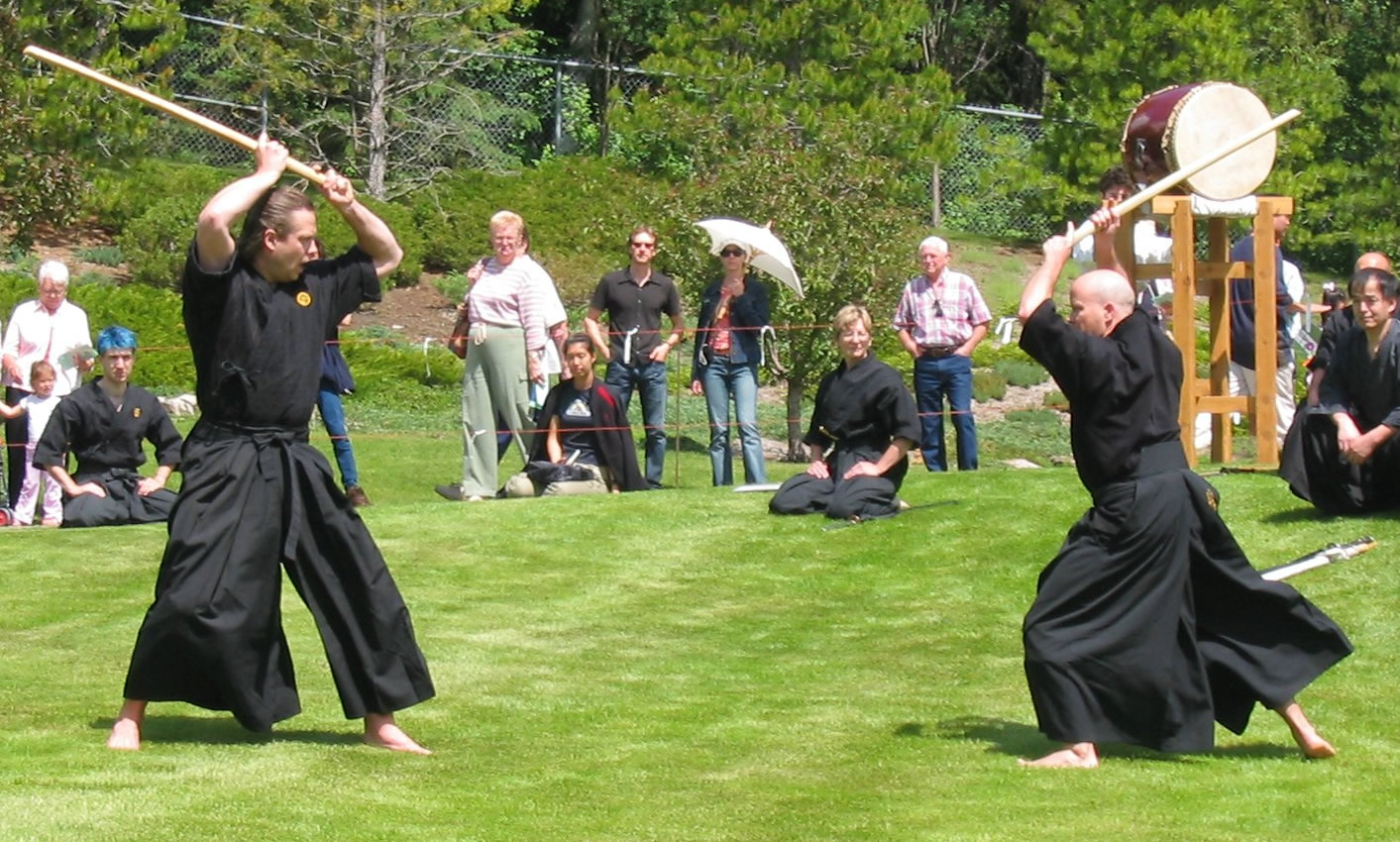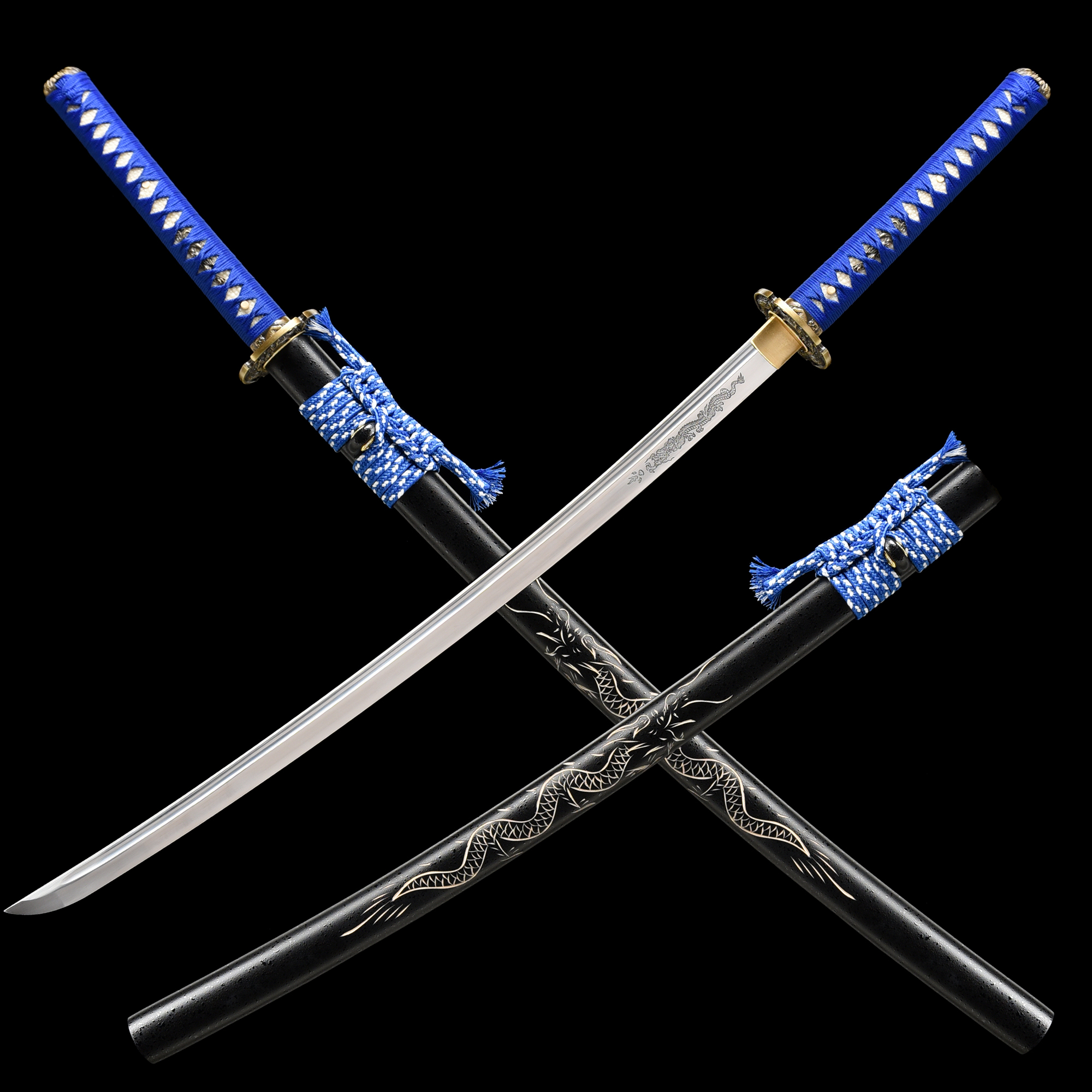The Samurai Legacy: Honor, Courage, and Self-sacrifice
The samurai were the warriors of premodern Japan. They were the ruling military class of the Edo Period (1603-1867), and they were expected to live according to a strict ethical code known as bushido, or "the way of the warrior."
The basic philosophies and way of life of the samurai were based on the following principles:
- Honour: The samurai were expected to uphold their honour at all costs. This meant being brave, loyal, and selfless.
- Loyalty: The samurai were expected to be loyal to their daimyo, or feudal lord. This loyalty was absolute, and it was considered a greater sin to betray one's daimyo than to kill one's own father.
- Self-discipline: The samurai were expected to be highly disciplined in both their personal and professional lives. This meant controlling their emotions, being physically fit, and mastering the art of war.
- Respect: The samurai were expected to respect their elders, their superiors, and their enemies. This respect was based on the belief that all people, regardless of their social status, have intrinsic worth.
- Bravery: The samurai were expected to be brave in the face of danger. This meant being willing to fight and die for their lord, their country, or their honour.
In addition to these basic principles, the samurai also followed a number of other codes of conduct, such as the following:
- Tsunegoto: This principle means "to be true to one's word." The samurai were expected to keep their promises, even if it meant personal sacrifice.
- Gisei: This principle means "self-sacrifice." The samurai were expected to be willing to give up their own lives for the sake of their lord, their country, or their honour.
- Meiyo: This principle means "honour." The samurai were expected to uphold their honour at all costs, even if it meant death.
The samurai were also expected to be highly skilled in the use of weapons. The most important weapon for the samurai was the sword, and they spent many years training in the art of swordsmanship. They also trained in the use of other weapons, such as the bow and arrow, the spear, and the naginata (a pole weapon with a curved blade).
In addition to their martial skills, the samurai were also expected to be educated and cultured. They were taught the Confucian classics, and they were expected to be proficient in calligraphy, poetry, and other arts.
The samurai were a powerful and influential force in Japanese society for centuries. They were the protectors of the country, and they were also the embodiment of Japanese culture and tradition. Their way of life was based on a strict code of honour and discipline, and they were expected to be brave, loyal, and self-sacrificing. The samurai were a fascinating and complex group of people, and their legacy continues to inspire people around the world today.
Here are some additional facts about the samurai:
- The word "samurai" comes from the Japanese word "saburau," which means "to serve."
- The samurai originated in the 9th century, and they reached the height of their power in the 16th century.
- The samurai were finally abolished in 1876, after the Meiji Restoration.
- The samurai were a highly skilled and disciplined group of warriors.
- They were also expected to be highly cultured and educated.
- The samurai were the protectors of the Japanese people, and they were also the embodiment of Japanese culture and tradition.
- The samurai's way of life was based on a strict code of honour and discipline.
- The samurai were a fascinating and complex group of people, and their legacy continues to inspire people around the world today.
The samurai legacy is still felt in Japan today, in a number of ways.
- The Japanese language: Many Japanese words and phrases have their roots in the samurai tradition. For example, the word "bushido," which means "the way of the warrior," is still used today to describe the samurai code of honor.

- Japanese culture: The samurai also left a lasting impact on Japanese culture. For example, the traditional Japanese tea ceremony is said to have been developed by samurai, and the art of calligraphy is still practiced by many Japanese people today.
- Japanese martial arts: The samurai were highly skilled in the use of weapons, and their martial arts techniques are still practiced today in a number of Japanese martial arts, such as kendo, aikido, and judo.

- Japanese business culture: The samurai code of honor has also had an impact on Japanese business culture. For example, the concept of "giri," or duty, is still important in Japanese business, and many Japanese companies have a strong emphasis on loyalty and teamwork.
In addition to these more tangible legacies, the samurai also left a more intangible legacy of honor, courage, and self-sacrifice. These values continue to inspire people around the world today, and they are a reminder of the rich and complex history of Japan.
Here are some specific examples of how the samurai legacy is still felt in Japan today:
- The katana, the traditional samurai sword, is still a symbol of Japanese culture and tradition.

- The samurai code of honor, bushido, is still studied and admired by many Japanese people.
- There are a number of museums and historical sites in Japan that dedicated to the samurai.

- There are also a number of modern-day organizations that promote the study and practice of samurai culture.
The samurai legacy is a complex and multifaceted one. It is a legacy of honor, courage, and self-sacrifice, but it is also a legacy of violence and oppression. The samurai were a powerful and influential force in Japanese society for centuries, and their legacy continues to be felt in Japan today.











































![[LIVE] Engage2Earn: Save our PBS from Trump](https://cdn.bulbapp.io/frontend/images/c23a1a05-c831-4c66-a1d1-96b700ef0450/1)













